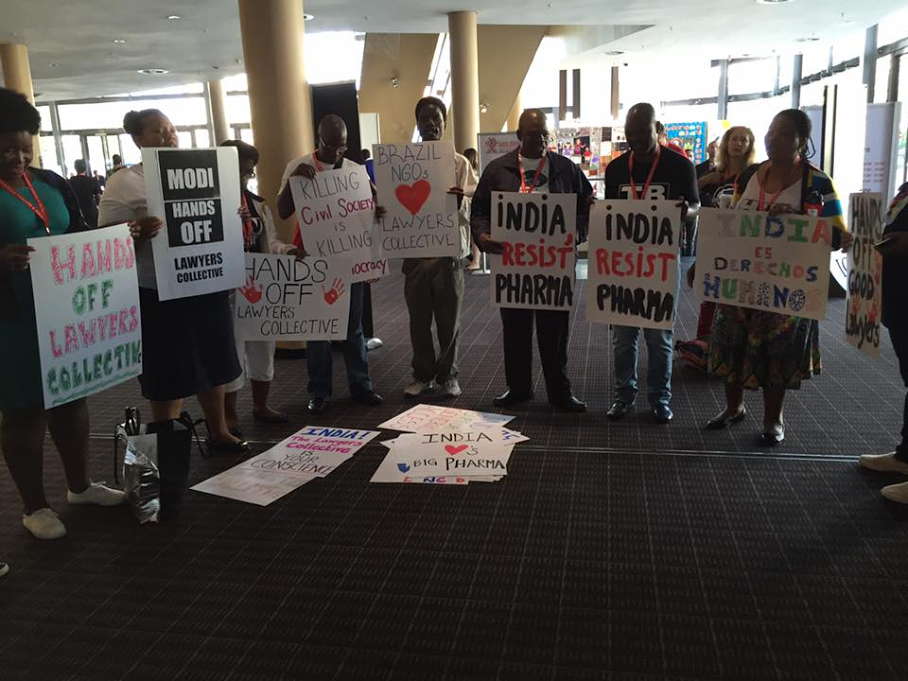The offices of the Lawyers Collective, a rights advocacy group, was raided by India’s Central Bureau of Investigation (CBI) on July 11. The searches were conducted by the agency in their New Delhi and Mumbai offices. The houses of the senior advocates Indira Jaising and Anand Grover, co-founders of Lawyers Collective, were also raided. Both of them are being accused by the agency of allegedly violating the Foreign Contribution (Regulation) Act (FCRA), while receiving funds from foreign sources.
Grover and Jaising founded the Lawyers Collective in 1981, and ever since, the organization has been in the forefront of some of the most crucial legal interventions in the country, including on LGBTQ rights, drug patenting and pricing, HIV policy and women’s rights. Over the past few years, the main focus of the Collective has been on human rights, gender-based violence and labor rights.
Speaking to Newsclick, Warisha Farasat, an advocate based in New Delhi, said “It’s very clearly government vendetta against these two individuals and also the Collective that is run by them, because of the work that they have been doing… Both of them have been victimized because they have continuously raised questions against the government.”
The advocate pointed out that it is clear that Narendra Modi-led government has been vindictive against dissenters or against persons or associations who don’t agree with their viewpoint because they want a more secular and more pluralistic society in India. “Both of them are prominent lawyers who have represented India not only nationally but internationally for years… Anand Grover was also the United Nations Special Rapporteur… To go against these stalwart figures can only smack of political vendetta,” Farasat stressed.
Many activists have accused the government of using the FCRA to target human rights organizations and people’s movements.
“The issue here is about targeting… these raids carried out by the CBI amount, in our view, nothing short of intimidation and coercion, sending a message to advocates, to human rights practitioners, and all the dissenting voices, that the coercive apparatus of the state will be also used against you,” Teesta Setalvad, a Gujarat-based rights activist with a history of standing up to Narendra Modi and the BJP, noted in an interview to Newsclick.
Indira Jaising, 79, has staunchly opposed the BJP’s anti-people policies ever since the party came to power. She was the additional solicitor general, the first woman in India to hold this position, during the tenure of the earlier government. Her husband, Anand Grover, is an established legal luminary who has extensively contributed to several landmark judgements through his legal activism. Grover served as the UN special rapporteur on the right to health, between 2008 and 2014.
In June 2016, the authorities suspended the registration of their organization for allegedly misusing the FCRA. Officials within the government claimed that foreign funds were used to lobby members of the parliament, in order to influence the political and parliamentary processes of India.
Subsequently, the Lawyers Collective was also accused of violating the payment method used for sponsoring foreigners to carry out their professional services, and travel expenses. The MHA claimed that foreign activists visited India on tourist visas to assist the organization’s co-founder Anand Grover in his political activities.
A first investigation report (FIR) was filed in June by the CBI against the Lawyers Collective, which was widely condemned across the political spectrum. The prominent pan-Indian rights advocacy group, the Peoples’ Union for Civil Liberties (PUCL), called the case against them “undisguised attempt to intimidate and silence the group”. The PUCL questioned the authorities for brazenly misusing the process of law.





